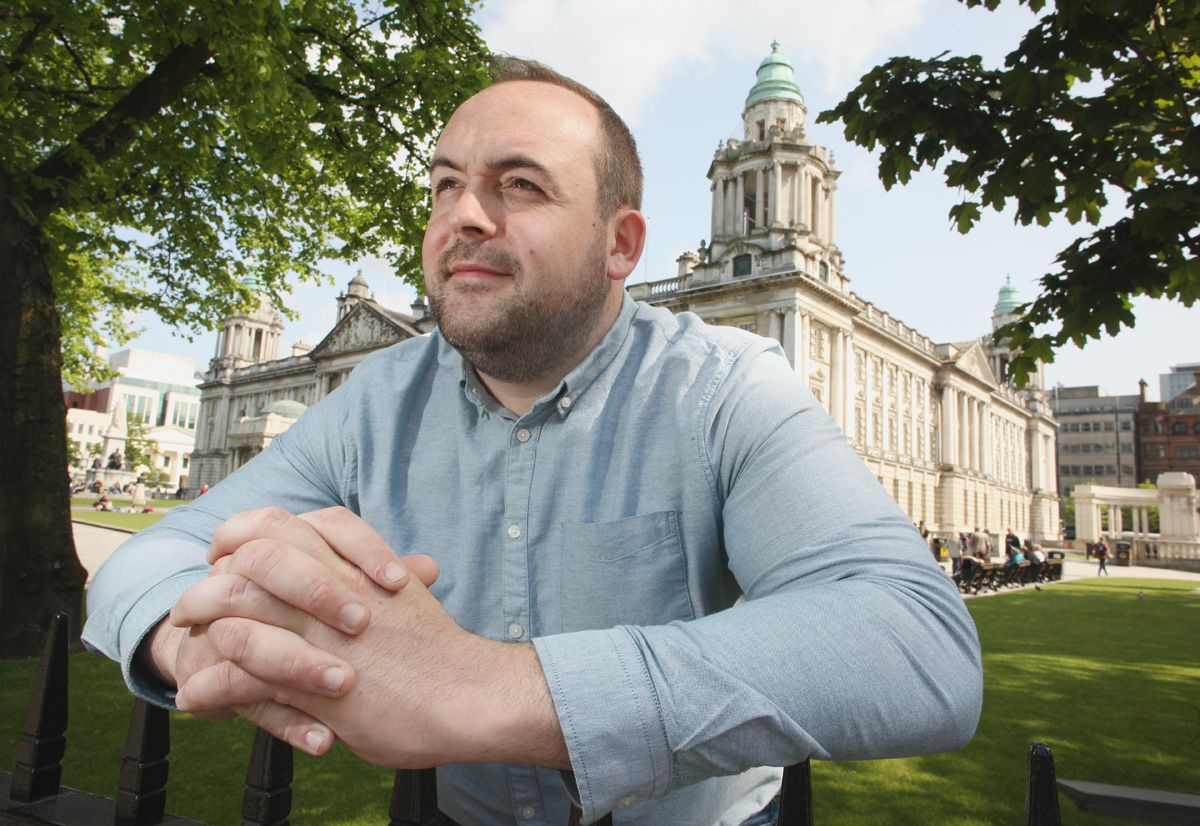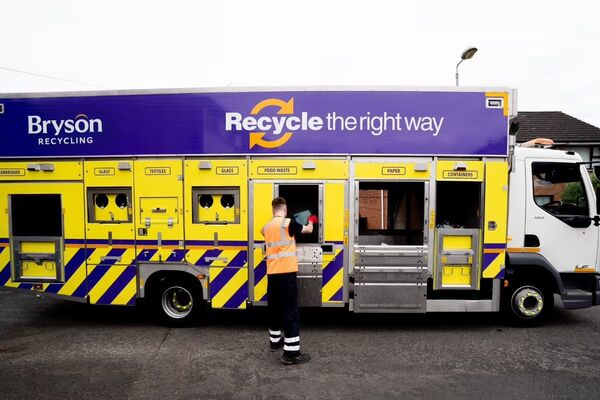A NORTH Belfast councillor has claimed the number of people in emergency accommodation is growing at “an alarming rate”.
It comes after new figures show people in emergency accomodation provided by the Housing Executive has doubled in the past year.
In total, the number of applications for emergency accommodation increased by over five thousand between 2019 and 2021, an increase of 115% in just one year.

From 4,527 placements in 2019/20, the figure doubled across the North in 2020/21 to 9,752.
In Belfast alone, the number of applications for emergency accommodation has increased by 265% since 2018, an increase of over three thousand applications.
Oldpark SDLP councillor Paul McCusker has called on the Communities Minister to take action to reduce the number of people in emergency accommodation, following the release of the figures.
“The number of people in emergency accommodation across Northern Ireland is growing at an alarming rate. These are families and individuals that urgently need support and rather than addressing the spiralling housing crisis, it has been getting far worse.
“The information provided to the SDLP shows that over the last three years, the number of people in temporary housing placements has almost trebled and in the last year alone the number has increased by more than 5,000. It is time for the Communities Minister to step up and step in to help these families.
“I work with people who have been made homeless everyday. They are doing everything they can to hold their lives and their families together. They need and deserve support from the Executive. Unless we start building homes at the scale needed to address this crisis, more and more people will find themselves in this terrible situation.”
A spokesperson for the Housing Executive said: “As a result of the ongoing pandemic there has been a significant increase in demand for temporary accommodation.
“To support those who are homeless, or threatened with homelessness, we allocated £14.1m to the provision of a range of services during 2021/22 with a further £9.3m to support our continued response to the pandemic, including the delivery of our COVID-19 Reset Plan.
“Further funding is also allocated via Supporting People which supports the provision of over 1,800 units of supported accommodation and over 3,000 units of floating support across a range of client groups.
“Capacity within hostels has reduced to accommodate social distancing and self-isolation and we sought to mitigate this reduction through the provision of a range of alternative measures.
“These include the use of additional single-let accommodation, block booking arrangements for non-standard accommodation and the use of vacant properties for temporary accommodation.
“The requirement for temporary accommodation also increased as COVID restrictions and household bubbles meant there were fewer alternatives available to people who may have chosen to stay with families or friends pre-pandemic and therefore they had to avail of the temporary accommodation options we provide.
“A significant number of those households requiring temporary accommodation had previously been accepted as statutorily homeless.
“The measures above are part of our ongoing response to the pandemic and further details can be found in The Way Home – Homelessness response to COVID-19, which can be viewed on our website.
“Our approach to assisting those who are homeless, or threatened with homeless, is outlined in the Homelessness Strategy 2017-22 which can be accessed on our website.
“The Strategy outlines how, in order to prevent homelessness, our staff provide person-centred services tailored meeting the needs of individual customers and supporting them to achieve sustainable housing solutions and how we seek to address homelessness when it cannot be prevented.
“Staff in our Housing Solutions and Support Teams will work with our customers and will draw on other agencies for support.
“This can include floating support to prevent homelessness or temporary accommodation in cases where emergency accommodation is required.”







